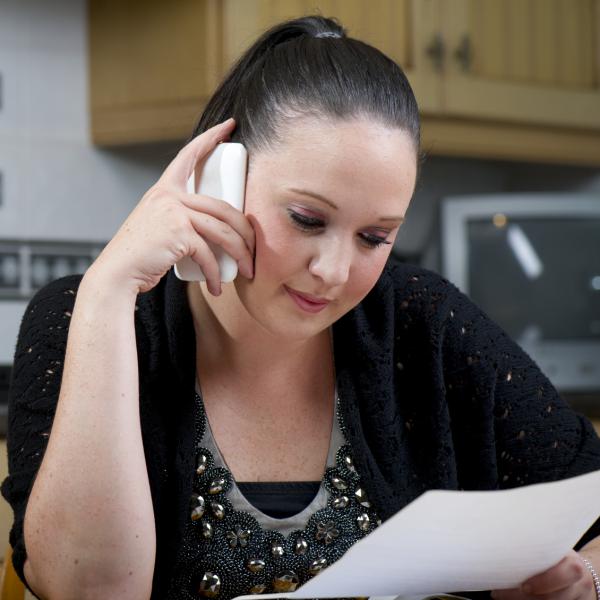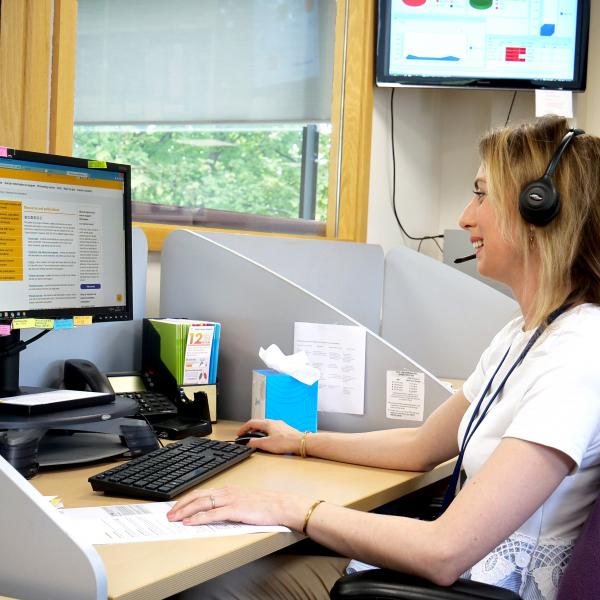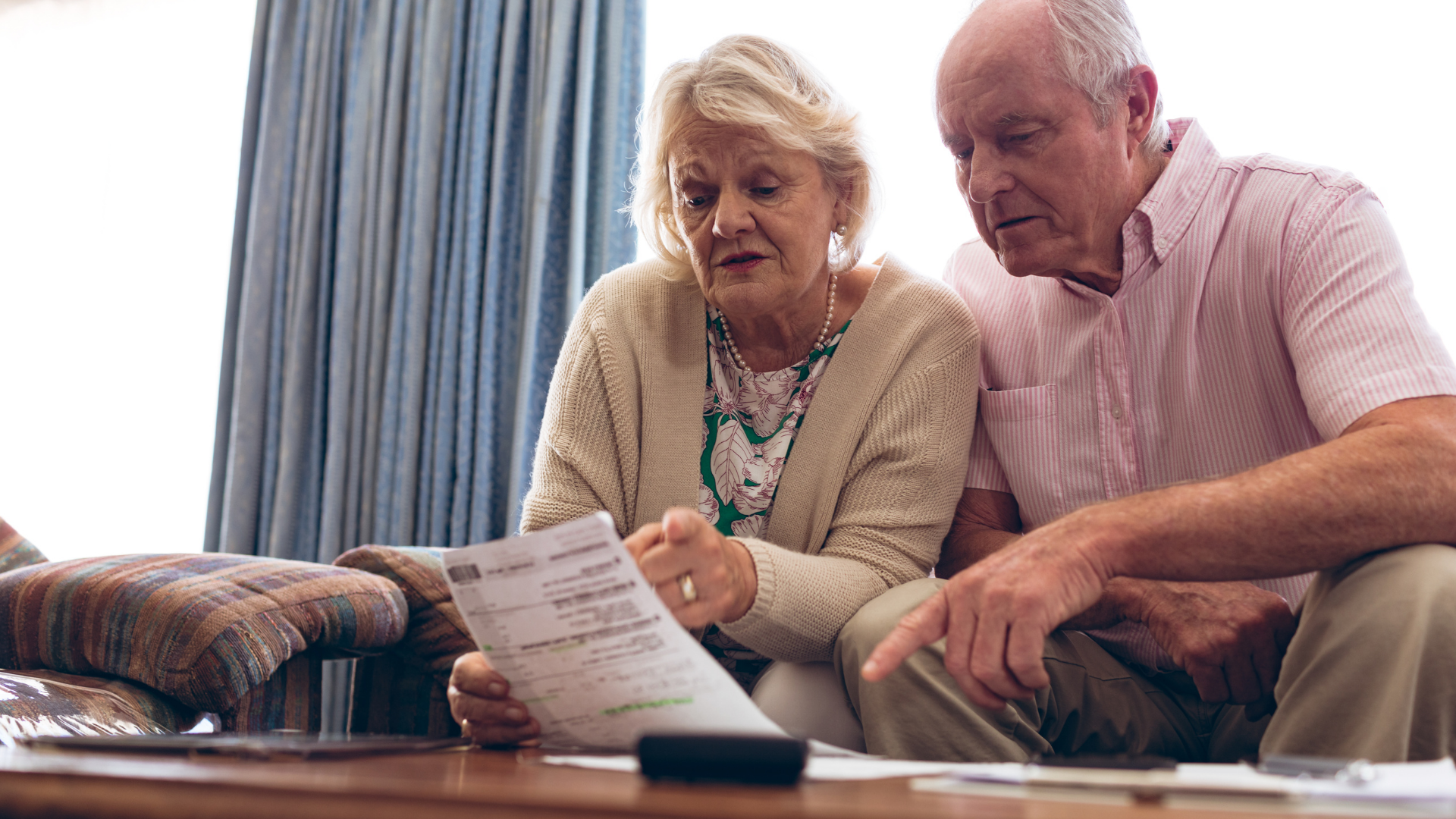Managing money and financial support

Coping with medical expenses
Hospital charges
Everyone living in Ireland is entitled to a range of health services either free of charge or at reduced cost. If you live in Ireland and are an ordinary resident, you can access in-patient and out-patient services in public hospitals. Public hospitals include HSE hospitals and voluntary hospitals.
Certain visitors to Ireland are also entitled to public health services, such as people covered under EU Regulations.
For more information on Hospital Charges, please visit Hospital Charges Information.
If you wish to attend a private emergency department or see a consultant as a private patient, you will have to pay the appropriate private fee.
Waiver of medical expenses
Help is available if you’re finding it difficult to pay your medical expenses, especially hospital charges. The HSE can reduce or waive (cancel) a charge if it’s causing you severe financial hardship. You will need to show the HSE officer how difficult it would be for you to pay the charge. To find out more about this, talk to your medical social worker or contact your local health office.
Medical cards
Medical cards are usually given to people on lower levels of income. If your income is above the limit, you may still be able to get a medical card if you have a lot of medical expenses and you would experience financial hardship without one. This is called a discretionary medical card. Our Benefits Hub has information on medical cards and how to apply.
Health insurance
If you have health insurance, some of most of the costs will be covered, depending on your plan and the services you use. It’s best to call your insurer to check what you’re covered for, before starting treatment.

What’s the difference between public and private healthcare?
Tests and treatment are available to all public patients. If you have private insurance, you may be able to have tests or see a specialist more quickly, and stay in a ward with fewer or no other patients, depending on your plan.
Your health insurer has to approve payment for some tests and other costs in advance, which can take a day or two.
Social welfare payments
There are a number of social welfare payments to help if you are ill. For example, Illness Benefit, Disability Allowance and Invalidity Pension. But you won’t get them automatically - it’s up to you to apply for them. If there is a Medical Social Worker at your hospital, they can advise you about benefits. Your local Citizens Information Centre can also give you information.
Go to our Benefits Hub page for an overview of the main payments and read our advice on applying for social welfare payments.

Extra costs
There is help for people who need care at home, as well as support to help with the extra costs you might have, such as heating your home, travelling to the hospital or medical equipment. To speak to someone about any of these supports, see our helpful numbers below.

Drugs Payment Scheme
You can get help with the cost of medicines under the Drugs Payment Scheme (DPS). This means that each household will pay no more than €80 each calendar month for prescribed drugs, medicines and medical aids (appliances).
The scheme is not means tested − it is for everyone, no matter what your income.
There’s more information on applying for the Drugs Payment Scheme on our Benefits Hub page.
Tax relief for medical expenses
If you pay medical expenses that are not covered by the State or by private health insurance, including travel and medical equipment, you can claim tax relief on some of those expenses.
How to apply: You can apply online by registering on the Revenue website www.revenue.ie and claim your health expenses through your tax return.
Remember: Any claim must be made within 4 years of the end of the tax year that you had the medical expenses you’re claiming for. Do ask your medical social worker or local Citizens Information Centre for more advice.
Help with travel expenses
Irish Cancer Society Services
The Irish Cancer Society has two services to help patients travelling to and from their cancer appointments:
Travel2Care is a limited fund, made available by the National Cancer Control Programme, for patients who are travelling for cancer tests or treatment to one of the national designated cancer centres or their approved satellite centres. Patients must be travelling over 50km one way to access the fund. Information on how to access this fund is available on our Travel2Care page.
Our Volunteer Driver Service is for patients undergoing chemotherapy treatments who are having difficulty getting to and from their local appointments in our partner hospitals. To access the Volunteer Driver Service contact your hospital social worker or nurse.
Tax relief on travel expenses
If you regularly need to travel long distances for treatment or other hospital appointments you can claim tax relief on what you spend. All methods of transport are covered, but parking fees, local travel or occasional travel are not allowable. You can also claim tax relief on the cost of transport by ambulance. Contact your local tax office for more details, as individual claims may differ.

Support from the Irish Cancer Society
For more about services, benefits and entitlements:
Our cancer nurses - Call our Support Line on Freephone 1800 200 700 or go to a Daffodil Centre.
Irish Cancer Society Benefits Hub - Information on benefits and entitlements and how to apply.
Free legal advice clinic for cancer patients – A monthly free legal advice clinic to cancer patients and their families who have been refused a social welfare payment or medical card, run in partnership with Community Law and Mediation. Call our Support Line for more information.
Coping with financial pressures
It can be hard to deal with money matters when you're focused on your treatment and may be feeling unwell. If you're worried about money or are finding it hard to manage financially, it can leave you very stressed, especially when you're trying to deal a cancer diagnosis. We also have more advice on coping with financial difficulties - practically and emotionally.
If you need help, or just want to talk about your concerns, contact our Support Line on 1800 200 700. Our cancer nurses can advise you on practical supports and benefits, and tell you about services to help you cope with stress such as free counselling.
Life insurance
For more information on life insurance, including the best way to go about making an application, read our guide to Life Insurance and Cancer.
Travel insurance
For more information on travel insurance, including hints and tips on looking for travel insurance, read our guide to Travel Insurance and Cancer.
Useful contacts for financial information and support
(Please note we are not responsible for the content of external websites.)
- Department of Employment Affairs and Social Protection / Tel: 0818 662 244
- HSE Live / Tel: 1800 700 700
- Your local health office
- A hospital-based medical social worker. If there is no medical social worker in your hospital, speak to your cancer nurse.
- Citizens' Information / Tel: 0761 074 000
- Cliona’s Foundation
Practical financial advice for parents coping with a child with a life limiting illness - Money Advice and Budgeting Services
- HSE Medical Card
- Keeping Well and Warm
- Keeping Well and Warm brochure
- Self Employed Supports
- Keeping your Home
- Society of St. Vincent De Paul
- Irish National Organisation of the Unemployed
- Community Law and Mediation
- Threshold
For more information
Phone
1800 200 700




